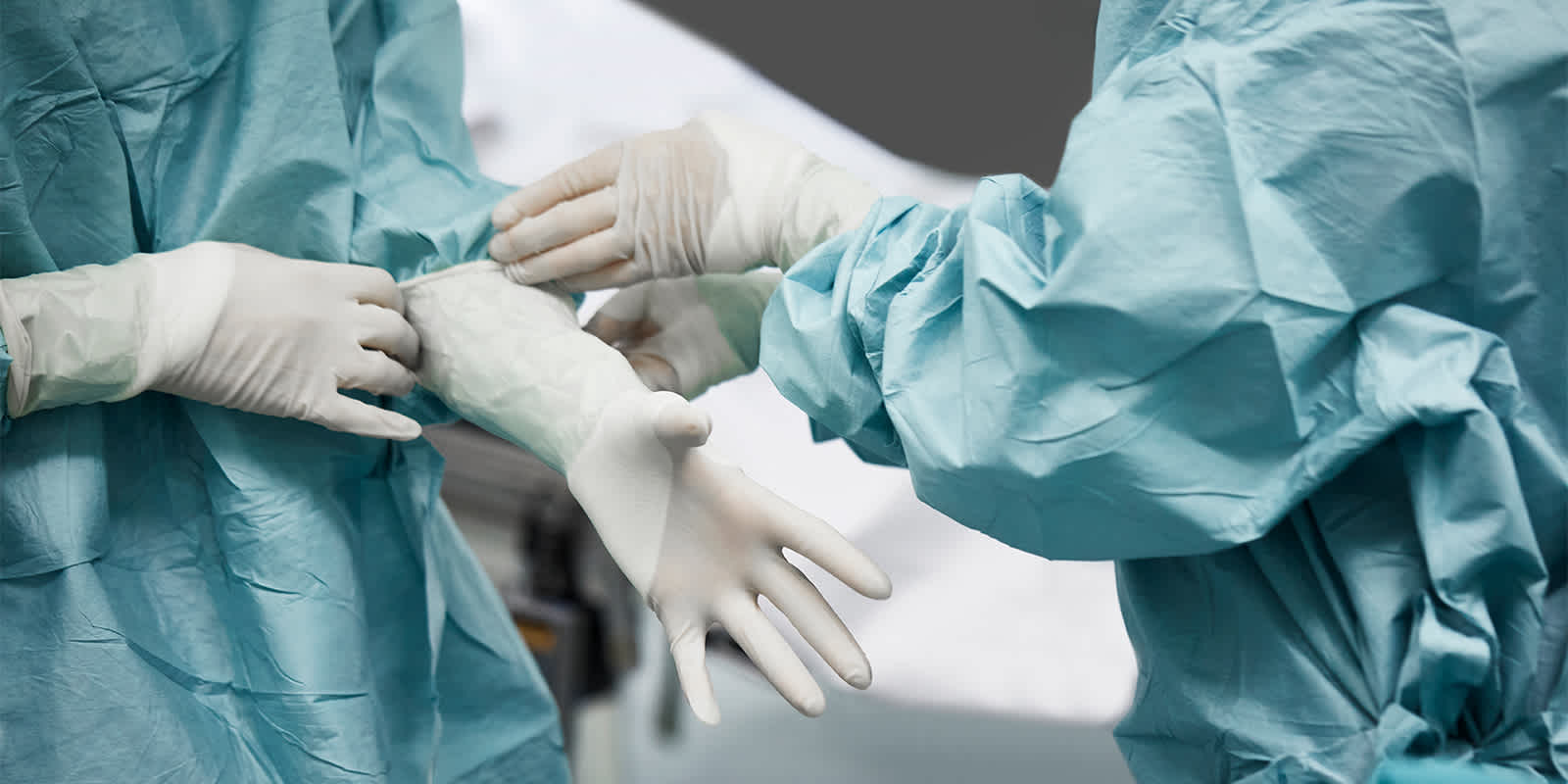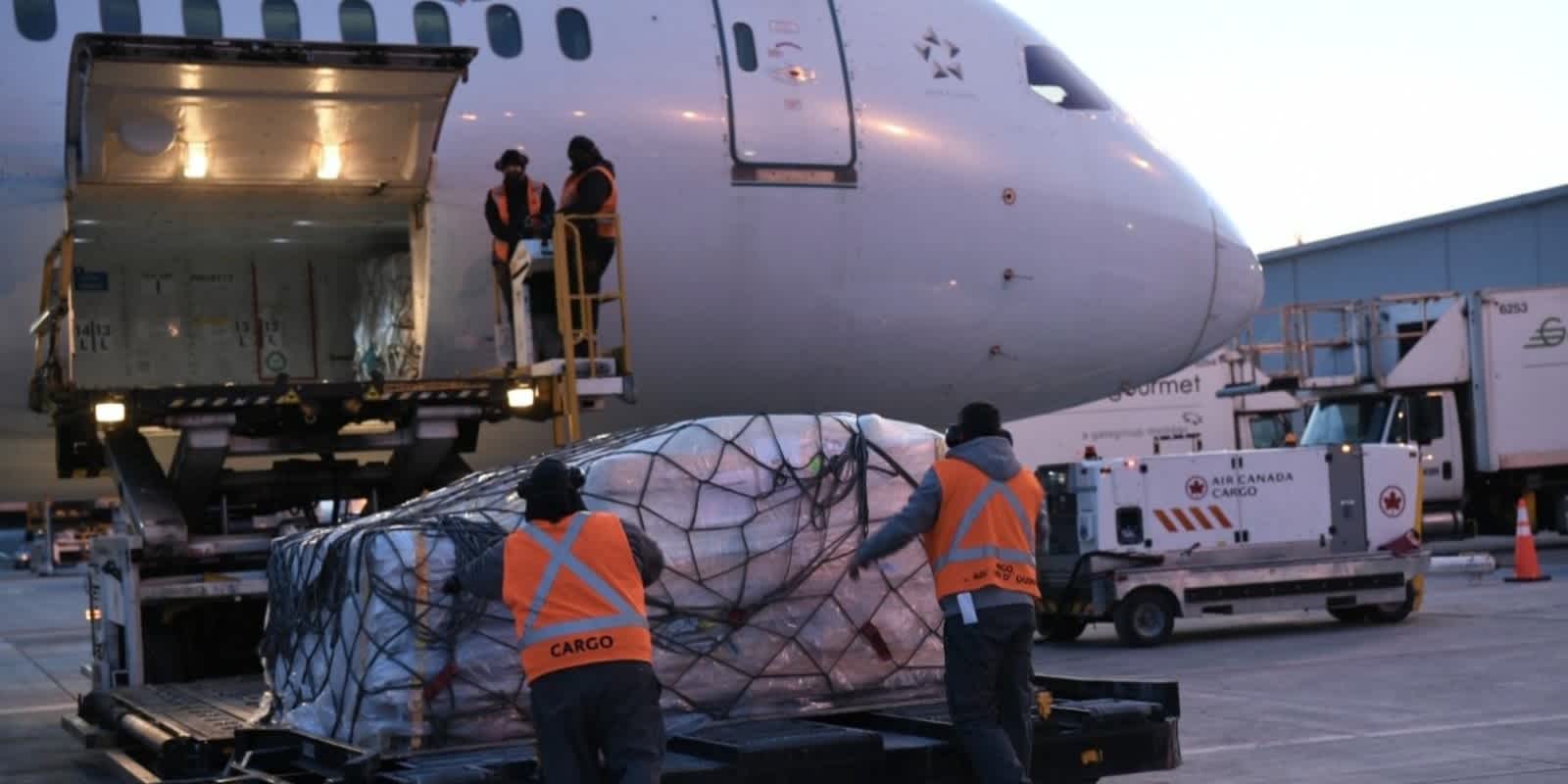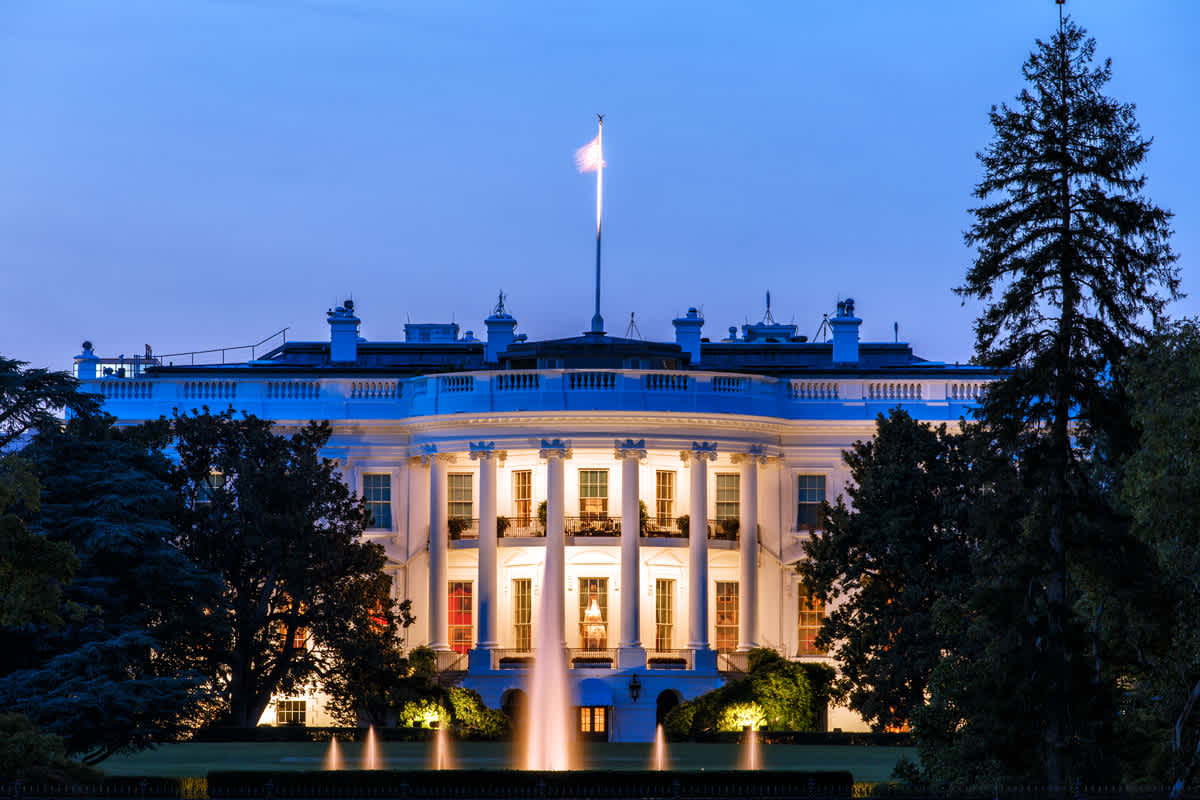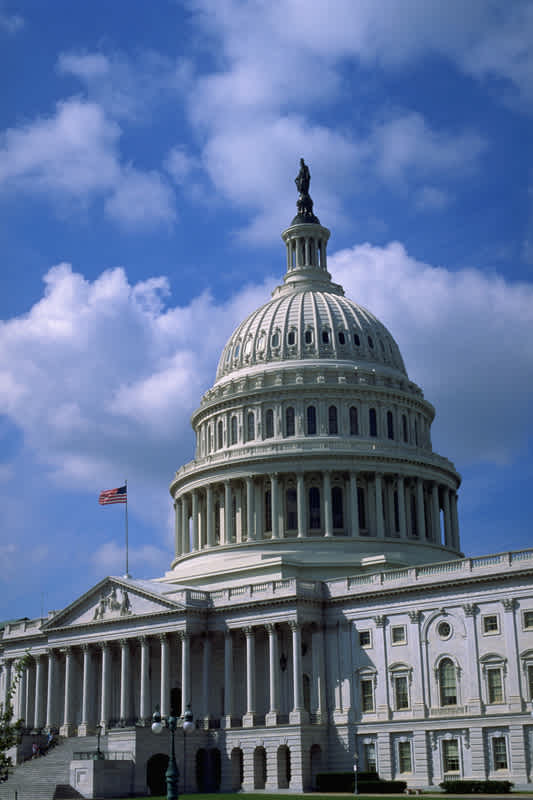
April 3, 2020
PPE and Partnerships: Businesses and Communities Working Together in the Face of COVID-19
PPE and Partnerships: Businesses and Communities Working Together in the Face of COVID-19
Society is facing unprecedented challenges as efforts continue to contain the spread of COVID-19. How we meet those challenges is a continual source of inspiration to me though, as I see individuals and organizations coming together to donate time, money, and critical supplies.
In that vein, Flexport.org, our social impact group, has turned all of its focus to the COVID-19 outbreak. Because there’s a shortage of personal protective equipment (PPE), we’re using our supply chain expertise to make sure medical professionals around the world get what they need.
We activated our disaster response plan on January 27, 2020, three days before the World Health Organization declared the outbreak a public health emergency of international concern. Since then, we've helped organizations ship millions of masks, coveralls, gloves, and other personal protective equipment across the US, China, Africa, Europe, and other parts of the world. We’ll continue to respond to this crisis, operating on two fronts: supplying hospitals and supporting communities. Below are more details on our response efforts and suggestions for how you can get involved.
1. Hospitals and Medical Centers
Flexport.org is teaming with suppliers to support medical systems around the globe. We’re coordinating with manufacturers, nonprofits, and the hospitals themselves to make sure that essential equipment is delivered to the medical facilities that need it most.
Frontline Responders Fund
In March, Flexport.org helped MedShare donate 90,000-plus PPE to San Francisco’s Department of Public Health. Seeing the immense need, we sought to do even more. To help offset the cost of shipments for COVID-19 relief and prevention efforts, we launched the Frontline Responders Fund last week to support the Flexport.org Fund. Managed by CAF America, the Flexport.org Fund helps ensure those on the front lines can focus on providing care, without having to worry about shipping supplies. Thanks to contributions from roughly 16,000 donors, we’ve raised more than $5M so far. We are actively working with nonprofits and companies that are immersed in coronavirus-related relief efforts. And, we’re excited to share some of the recent deliveries.
Arnold Schwarzenegger, one of our relief effort contributors, personally helped out with a shipment of 49,000 donated masks from MedShare. On hand at a hospital in Los Angeles that has seen cases of COVID-19 skyrocket, Schwarzenegger received the masks from the delivery truck, to physically get them into the hands of medical staff. This shipment will help ensure doctors, nurses, and staff are protected while treating patients.
But that’s not all. Thanks to donations, we have also helped other nonprofits ship goods across the US:
- Project C.U.R.E. held a PPE drive with the Chicago Blackhawks and Chicago Bulls, collecting 13 pallets of goods—enough to fill a semi truck. With nearly 200 requests for help from Chicago hospitals, clinics, and EMS services, Project C.U.R.E. will continue to donate goods as they’re collected.
- All Hands and All Hearts Smart Response delivered more than 43,000 PPE to emergency rooms and hospitals in New York City and Southern California.
- Atlas Air and United Airlines shipped a fully dedicated chartered plane with more than 143,000 pounds of PPE for medical systems in California. Originating in Shanghai, the plane contained approximately 4,500,000 medical masks, 116,000 disposable medical protection coveralls, and 121,300 surgical gowns.

Balancing Needs and Distribution
As Flexport has been helping to transport many of the urgently needed goods such as masks, gloves, gowns, and other PPE, a pattern has emerged: the overall distribution is becoming erratically imbalanced. With the situation changing quickly, and many people and companies stepping forward to help medical workers on the front lines, needs can shift between when products are ordered when goods arrive. For example, hospitals that might have had a short supply initially end up having sufficient equipment by the time goods are delivered. Or others, who may have had an adequate supply earlier, now have a dwindling supply.
To address the imbalance, our recommendation to those sending PPE is to give the equipment directly to established humanitarian organizations or government agencies. MedShare, Project Cure, The National PPE Coalition and state emergency management agencies have access to data that shows which hospitals have the greatest need. When you give directly to these organizations, your impact is optimized. And, because these groups are deeply involved in the response to COVID-19, the critical supplies you’re sending will get where they need to go.
2. Communities
It goes without saying that the fewer the cases of COVID-19, the less the strain will be on our medical system. That’s why social distancing, self-quarantining, and shelter-in-place orders are important. But as we know, this comes at a significant cost to communities.
To help these efforts we’ll be providing discounted (and sometimes free) logistics support to nonprofits that distribute essentials to individuals impacted by social-isolation orders. This includes seniors, those with pre-existing medical conditions, and children who typically rely on free or reduced meals at school.
Focusing on Transportation
Global trade has been hamstrung by travel restrictions. This makes moving essential supplies more difficult and more expensive than usual. What’s more, as we pointed out in a previous blog, medical supplies are strictly regulated and complex, requiring up-to-date customs expertise to move them. On top of that, hospital procurement systems to get needed supplies have been turned upside down. Instead of just receiving goods, they are now having to source, which requires shipping expertise. Flexport.org is helping to solve this problem by subsidizing or completely covering the cost of shipments—and enlisting industry experts for imports and exports to match needs with supplies.
As the situation evolves, so will our response. We’re already managing the movement of ventilators to African countries like Rwanda and Kenya to help them prepare for an outbreak. We will continue to look for opportunities where we can make an impact.
If you’d like to get involved, I invite you to donate through our Frontline Responders Fund. The money we are raising through this effort covers the cost of shipments for relief and prevention efforts. Please join us and almost 16,000 (and growing) supporters like Arnold Schwarzenegger, Edward Norton, Mila Kutcher, Michael Douglas, Gwyneth Paltrow, Paul Graham, Chris and Crystal Sacca, Sundar Pichai, and Jack Dorsey to help in the battle against COVID-19.





